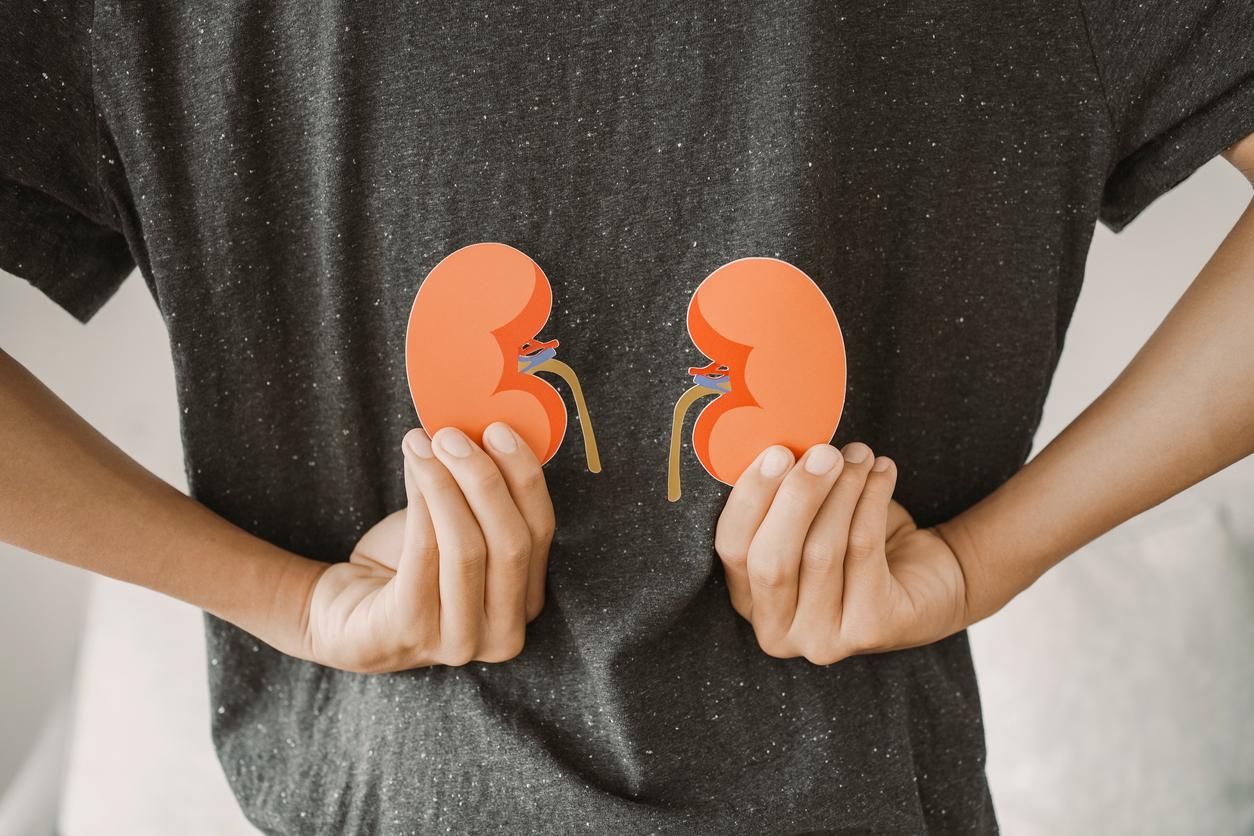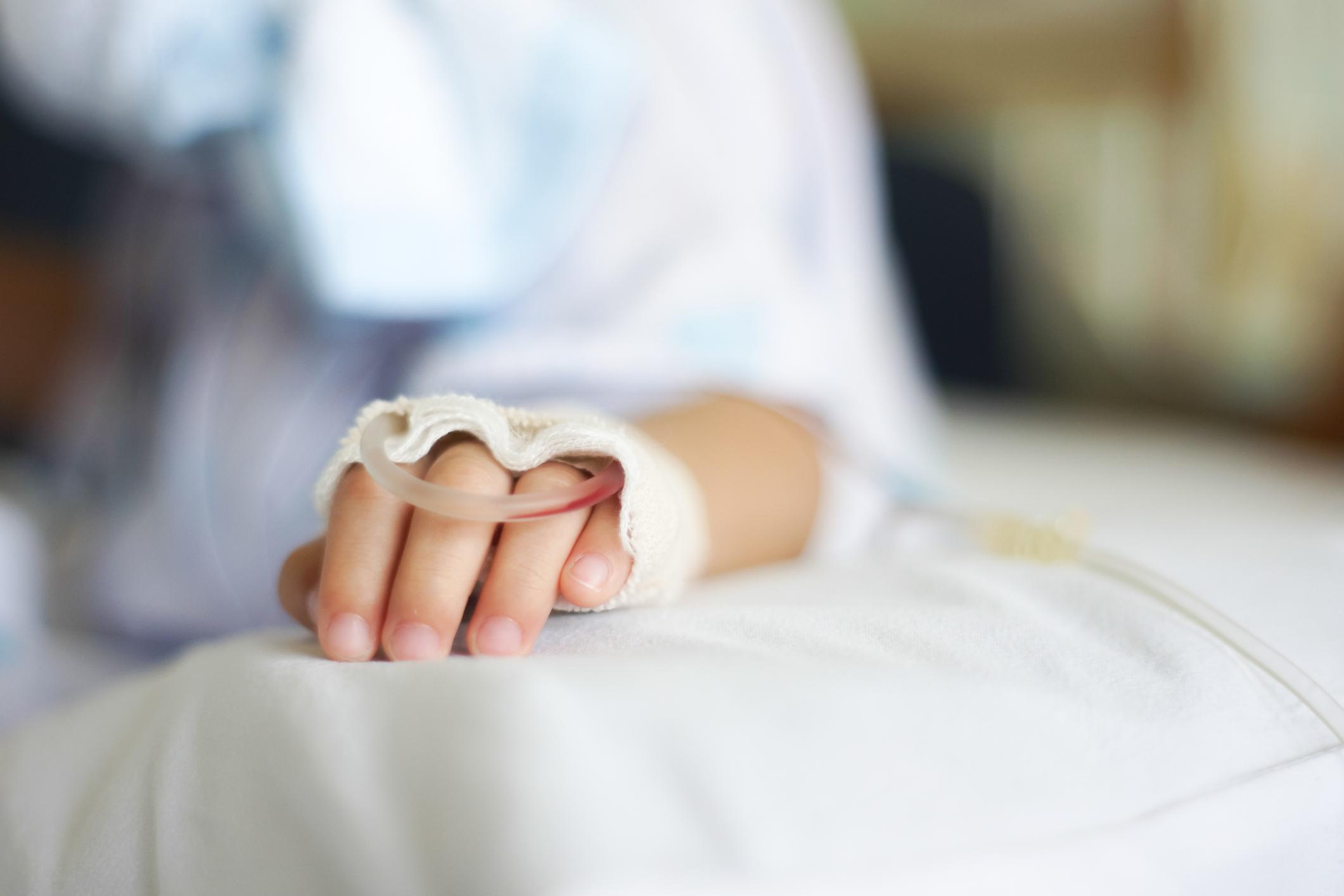According to a new study published on May 10 in the Journal of the American Society of Nephrology, the use of certain types of antibiotics could promote urolithiasis, a disease which is characterized in particular by the formation of kidney stones.

Certain types of antibiotics could promote urolithiasis, a disease characterized in particular by the formation of kidney stones. Sulfonamides even double the risk, according to a new study published on May 10 in the Journal of the American Society of Nephrology.
10% of the population suffers or will suffer from kidney stones
Kidney stones (or renal colic) are pebble-like mineral deposits that can form in either or both kidneys. They usually do not cause significant damage, but can be very painful if they are too large to pass through the urinary tract.
In France, nearly 10% of the population suffers or will suffer from kidney stones. While the disease mainly affected men a few years ago (2.7 men for 1 woman), women are almost twice as affected today (more than 1.6 men for 1 woman). The increase in this prevalence also concerns adolescents.
“The reasons for this increase are unknown, but our results suggest that oral antibiotics play a role, especially considering that children are prescribed antibiotics at higher rates than adults.” study authors.
Sulfonamide, cephalosporin, fluoroquinolones, nitrofurantoin, and broad-spectrum penicillins
Sulfa antibiotics, cephalosporin, fluoroquinolones, nitrofurantoin and broad-spectrum penicillins are said to be particularly harmful to the kidneys. Among them, sulfonamides are among the drugs most likely to promote urolithiasis, according to researchers at the Children’s Hospital of Philadelphia (United States). They would even multiply the risks by two, especially in children and adolescents. Broad-spectrum penicillins come in second place (+27% risk).
To achieve these results, the medical data of 13 million Britons of all ages were analyzed. Each of them was treated with 12 different families of antibiotics. The team of scientists compared the treatment histories of 26,000 people with kidney stones to the health records of nearly 260,000 people who had not developed kidney stones.

.












-1730888646.jpg)


